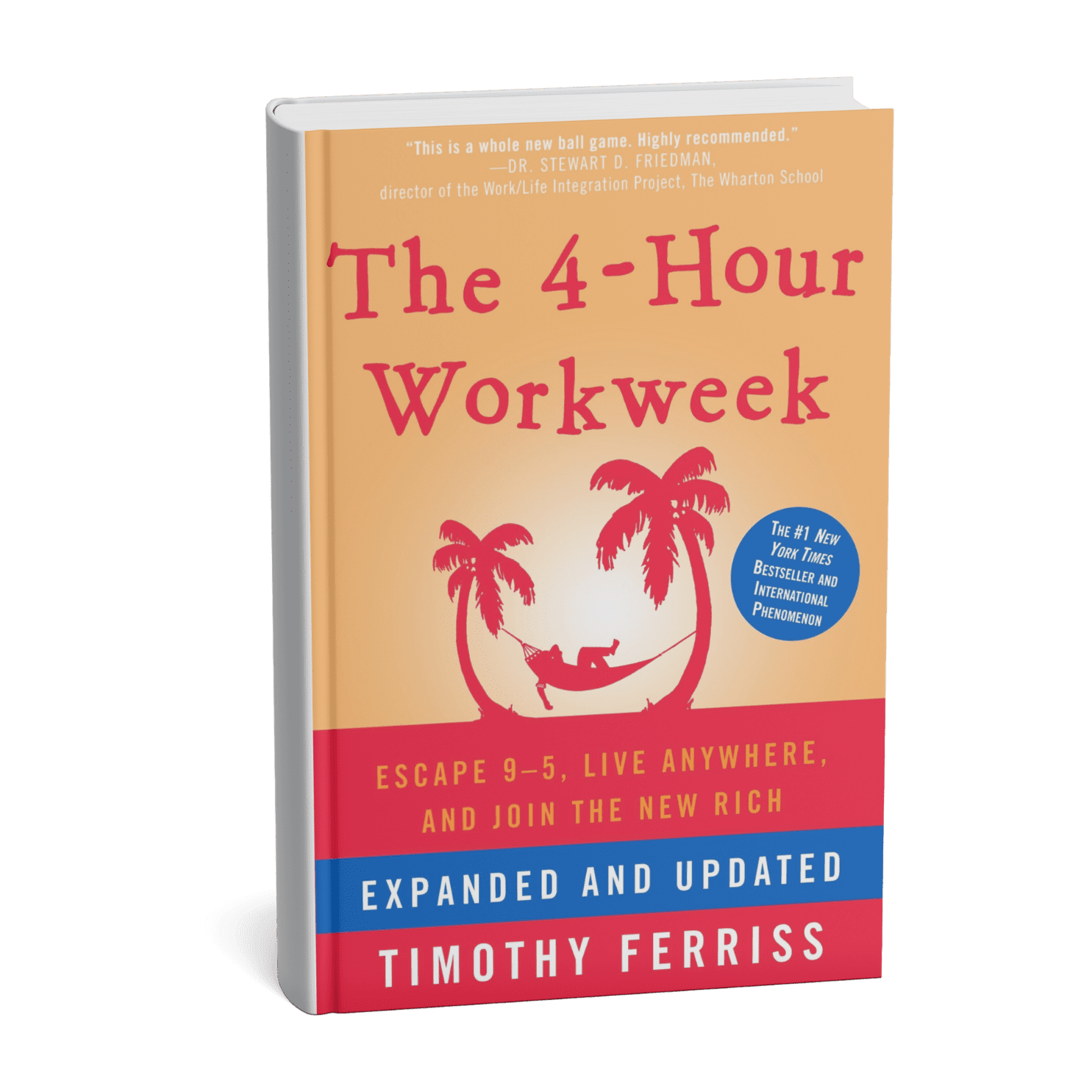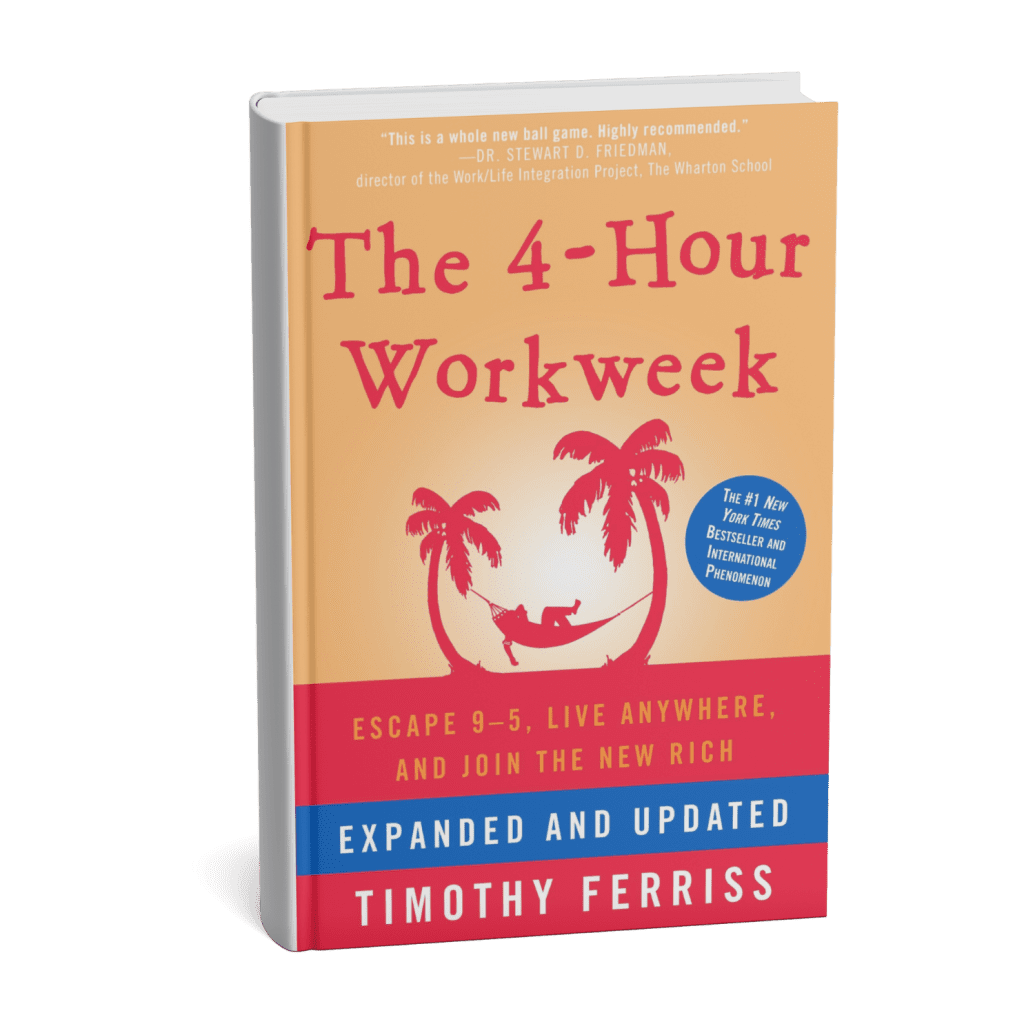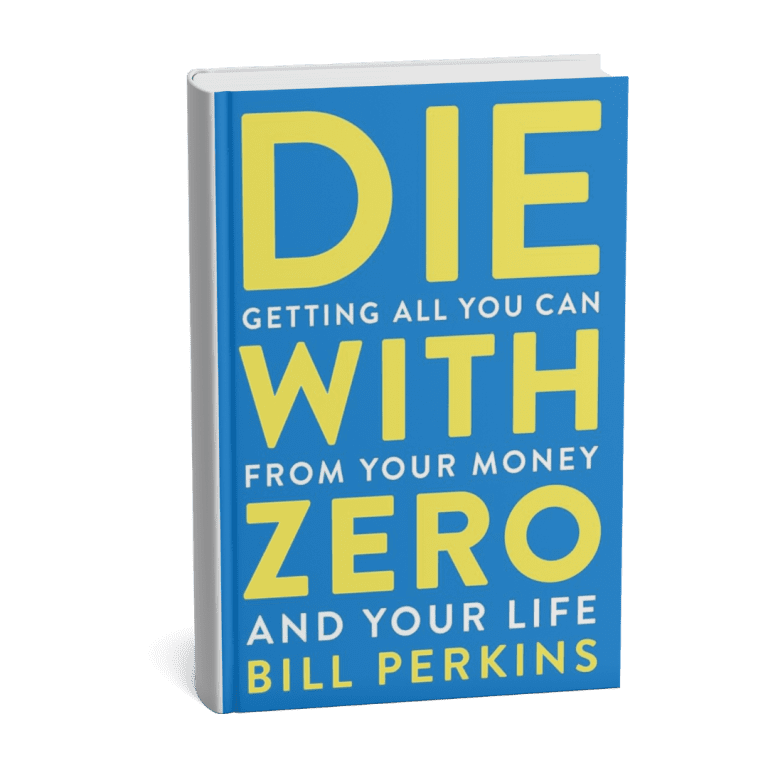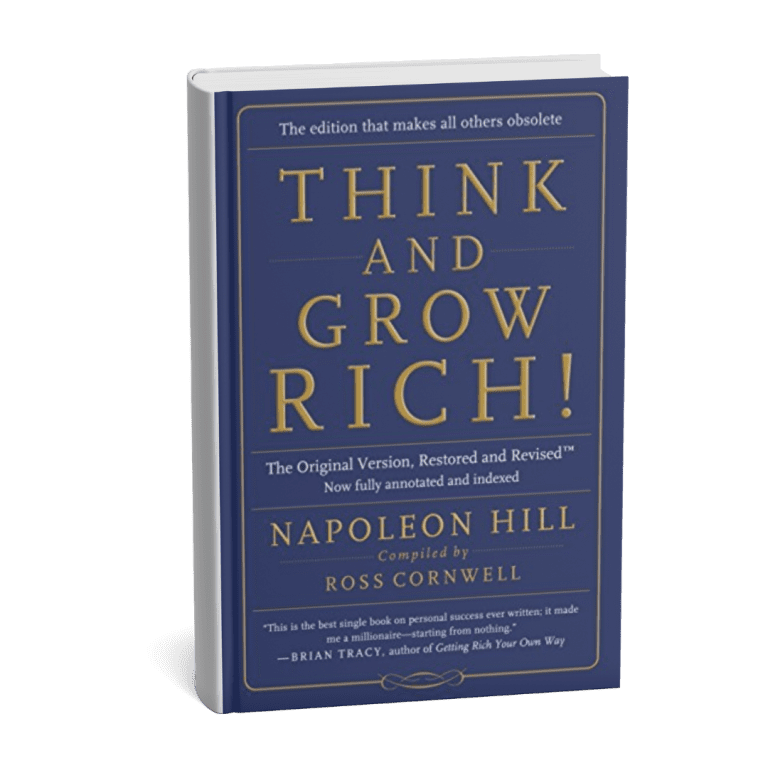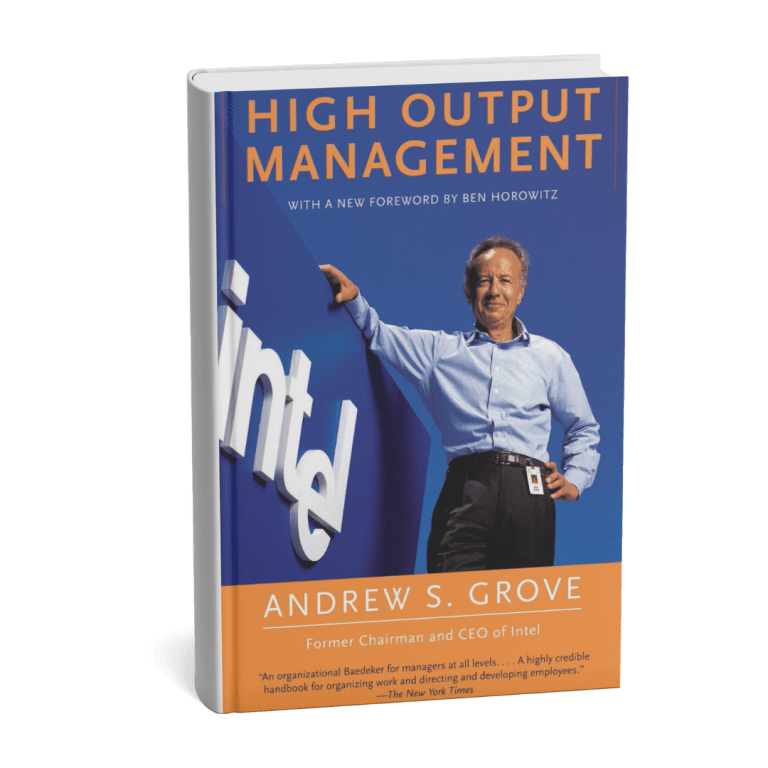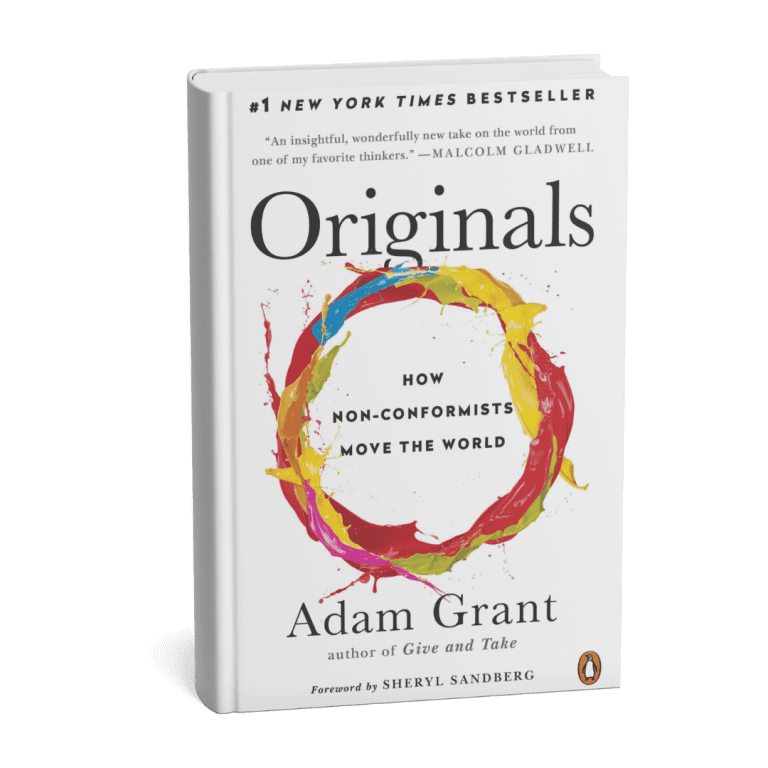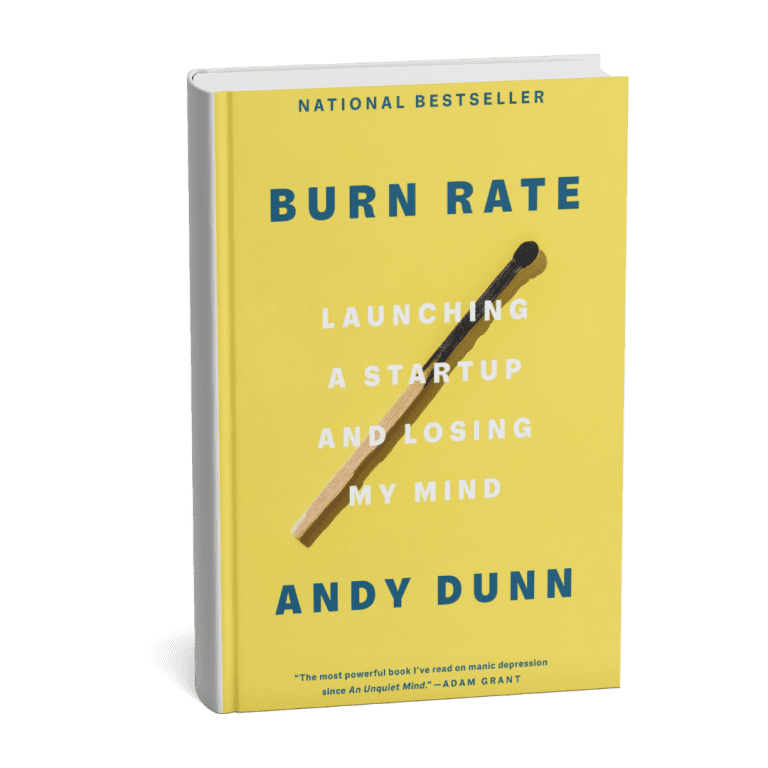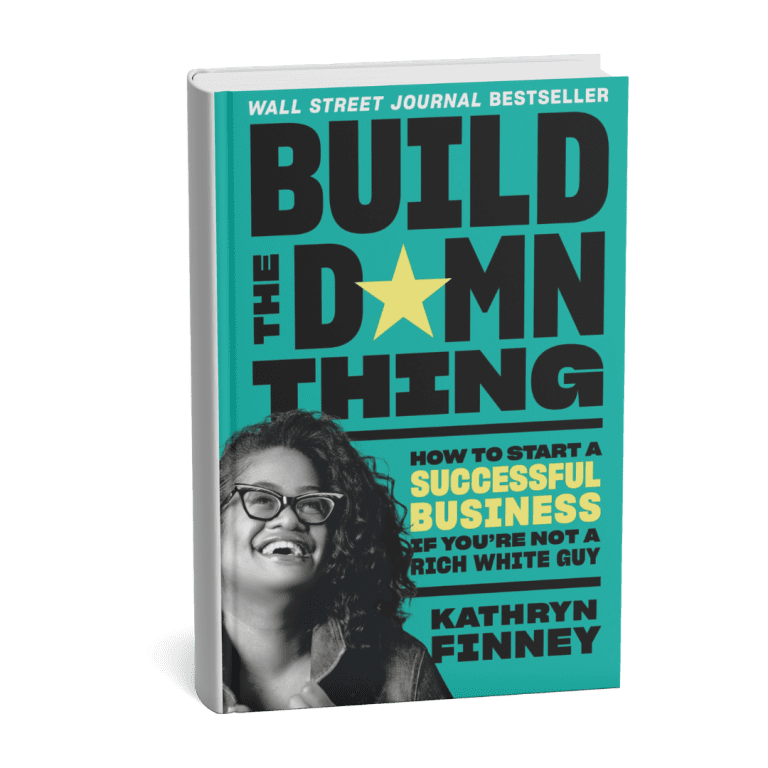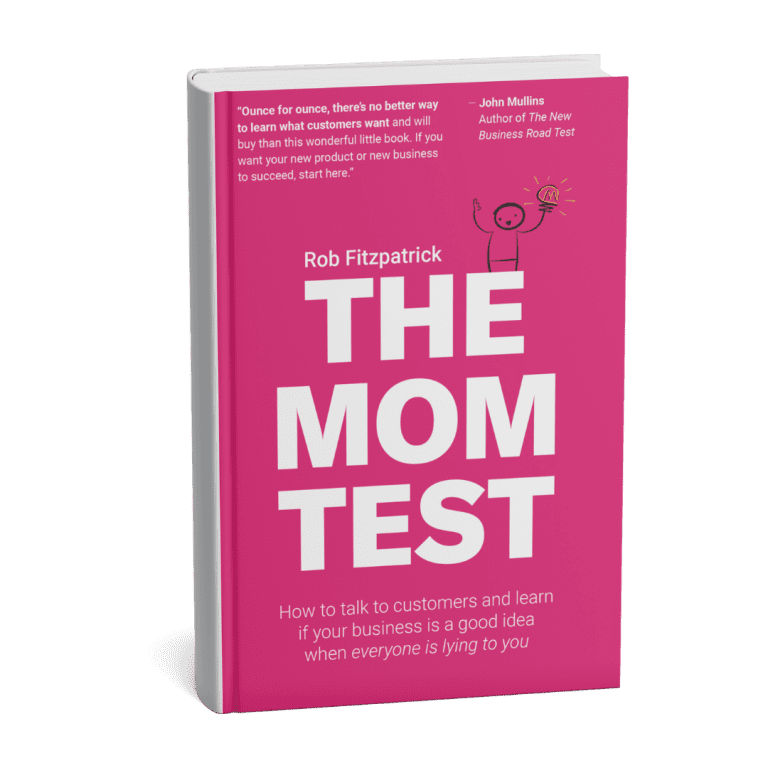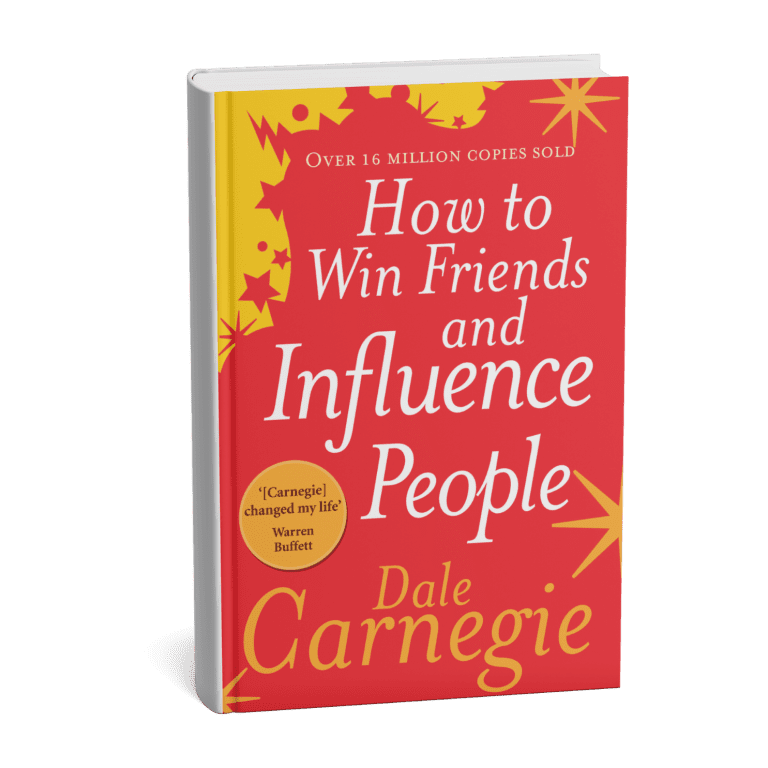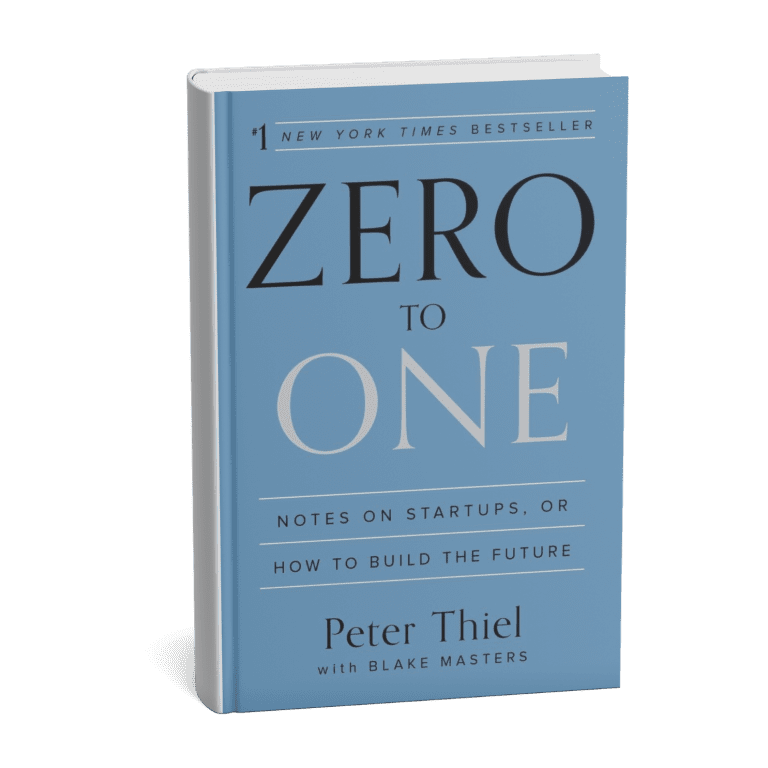In The 4‑Hour Workweek, Tim Ferriss challenges the traditional career model, presenting a blueprint for attaining lifestyle freedom and automated income by working smarter—not harder. Ferriss coins the term “New Rich (NR)” to describe individuals who prioritize time, mobility, and choice over long-term retirement wealth.
Central to the book is the DEAL framework:
- Definition
Ferriss urges readers to define their ideal lifestyle and earnings upfront. Through a process called “dreamlining,” one sets specific, time-bound goals to replace vague aspirations with actionable targets. - Elimination
Applying the 80/20 rule (Pareto Principle), Ferriss encourages focusing on the few tasks that yield the most results. Parkinson’s Law is also emphasized: work expands to fill the time available, so imposing tighter deadlines enhances efficiency. Cutting out unnecessary information consumption—what Ferriss calls a “low-information diet”—frees time and attention. - Automation
Instead of micromanaging, Ferriss promotes building passive income streams through automated online businesses or productized services. Tasks should be outsourced to virtual assistants, allowing entrepreneurs to focus on strategy rather than operations. - Liberation
The final phase is about escaping geographical constraints. Ferriss details how to negotiate remote work arrangements or design a mobile business. He promotes taking “mini-retirements” throughout life, replacing the outdated model of deferring joy until old age.
Throughout, Ferriss advocates frequent testing and iteration. Success, he argues, is less about discipline and more about designing systems that reduce the need for willpower.
